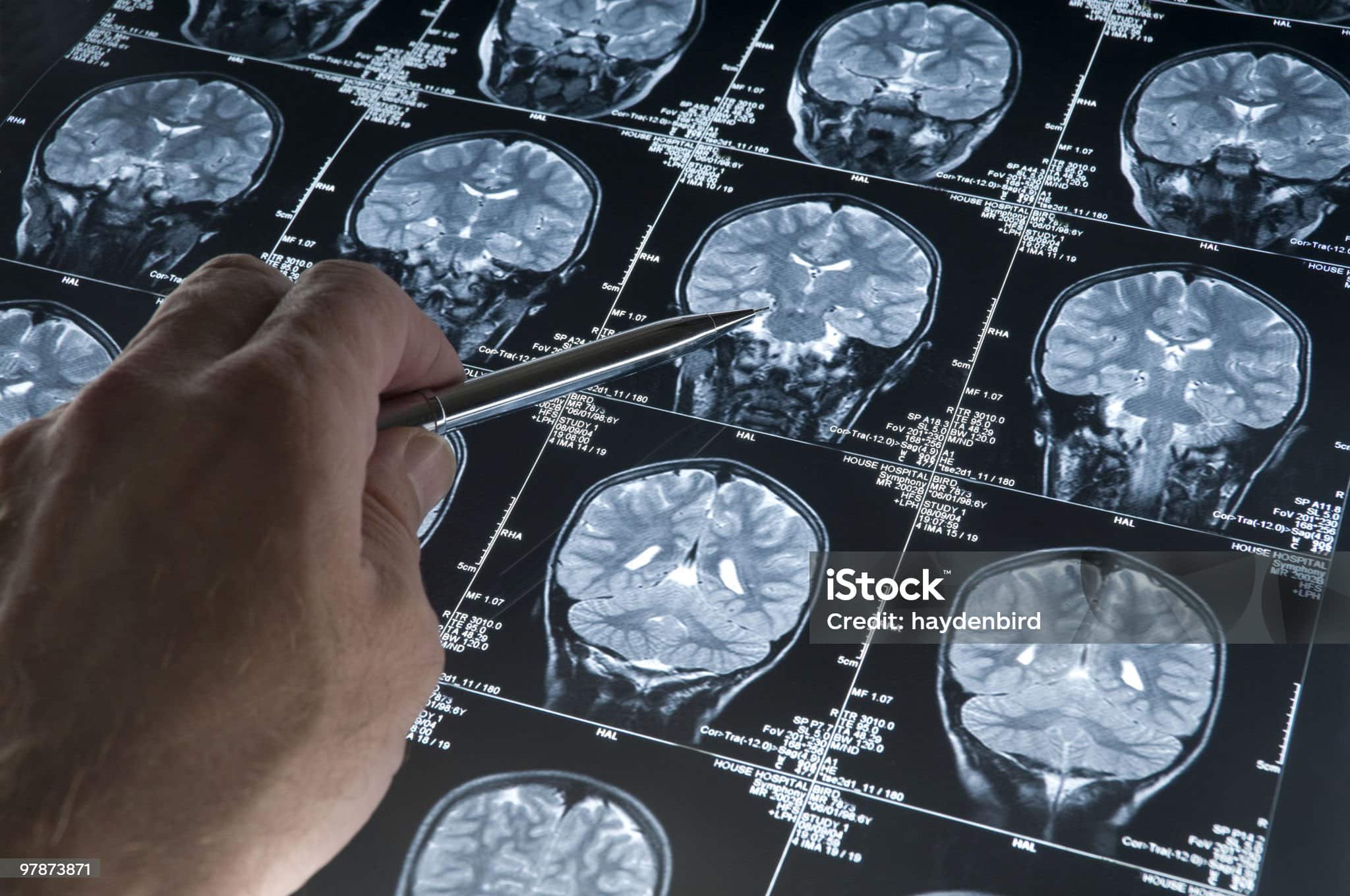10 Things You Should Know about Alzheimer’s Disease

Alzheimer’s is a progressive neurodegenerative disorder that affects memory, thinking and behaviour. Understanding this condition is important, whether you are personally affected or know someone who is. These ten points are the result of a comprehensive study on Alzheimer’s.
1. Prevalence of the disease and its impact:
Alzheimer’s is the most common form of dementia and affects millions around the world. The disease is known for the profound impact it has on brain function. This worsens with time as brain cells are damaged.
2. What to Look Out For:
Early symptoms include confusion, difficulty speaking, and personality changes. As the disease advances, severe memory loss and disorientation are symptoms.
3. Risk Factors:
The aging process is a major risk factor for Alzheimer’s, and the risk increases significantly after 65. Smoking, obesity and an inactive life style are all lifestyle factors that can be controlled.
4. Diagnosis Procedures
Early diagnosis is crucial. Alzheimer’s is diagnosed through a comprehensive assessment, including memory tests and imaging.
5. Treatment Options
Alzheimer’s is not curable, but medications such as donepezil or memantine may be able to manage symptoms and slow the progression of the disease in certain cases. These treatments are most effective in the early to middle stages.
6. Therapeutic Interventions
Cognitive stimulation therapy and cognitive rehabilitation are two other options that can help treat symptoms in addition to medications. They engage and exercise the mental faculties.
7. Manage Daily Life:
For living with Alzheimer’s, practical tips include keeping a regular routine, using devices to assist you in daily tasks and remaining socially active.
8. Support Systems
Both patients and caregivers need to have access to support services such as Alzheimer’s support groups and dementia hotlines that provide vital guidance and information.
9. Misconceptions corrected:
Some common misconceptions are that you will lose your driving ability immediately or be completely dependent after diagnosis. Understanding what you can realistically expect will help you manage the disease better.
10. Future Directions
Research is essential. The current studies are aimed at better understanding disease mechanisms and developing novel treatments in order to find a cure one day.
Knowledge and awareness are powerful tools in understanding Alzheimer’s. Individuals and families who recognize the symptoms early and take preventative measures as well as utilize available treatment and support systems can better manage the challenges of this condition. It is important to engage with resources and organizations that provide support and information in order to effectively manage Alzheimer’s.